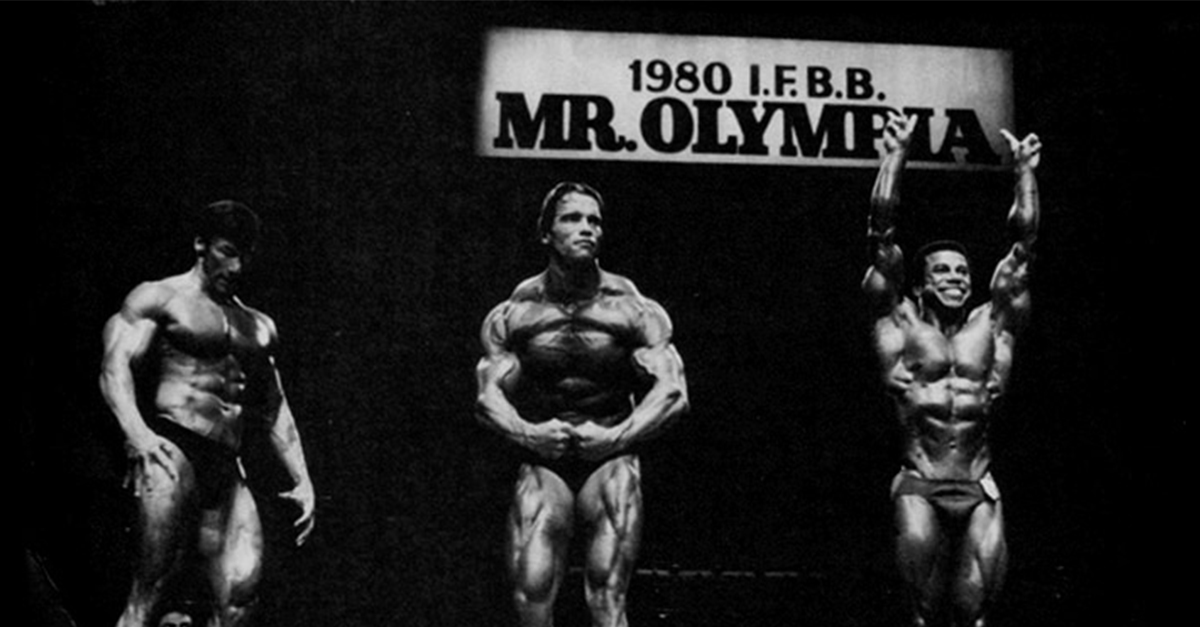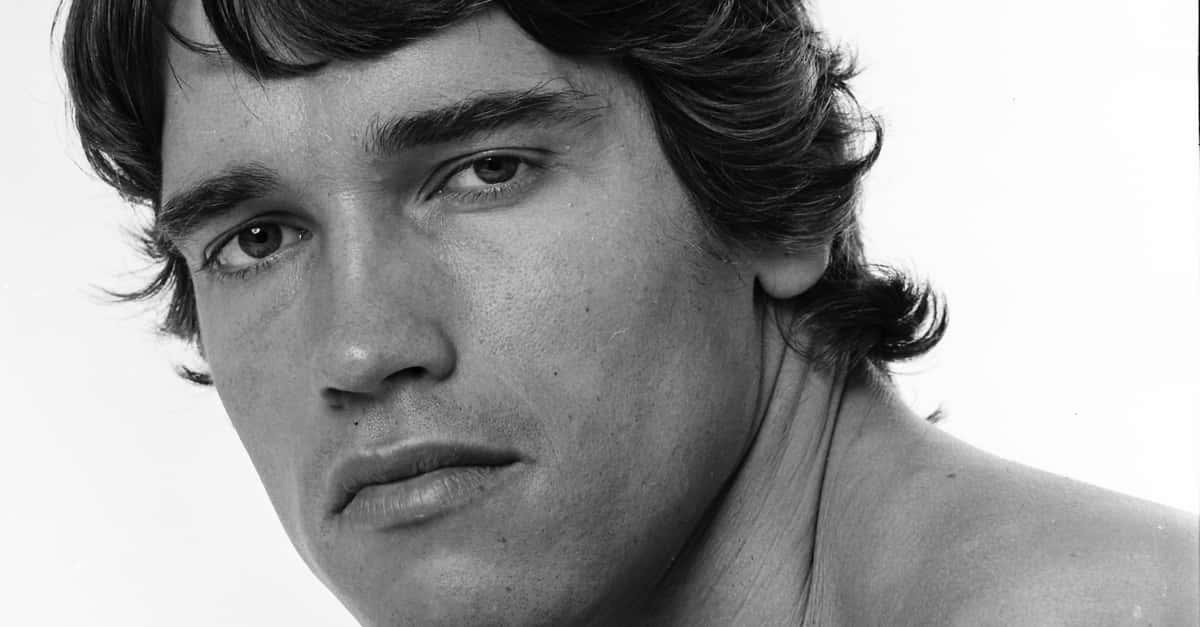The 1980 Mr. Olympia contest stands as one of the most controversial events in bodybuilding history. At the heart of the storm was the unexpected return of Arnold Schwarzenegger, the sport’s biggest icon.
Arnold In Hollywood
Having retired in 1975 after winning six consecutive Mr. Olympia titles, Arnold had shifted his focus to Hollywood, with Conan the Barbarian (1982) and The Terminator (1984) on the horizon. When rumors surfaced that he might compete again, few took them seriously. After all, he hadn’t trained as a professional bodybuilder for five years.
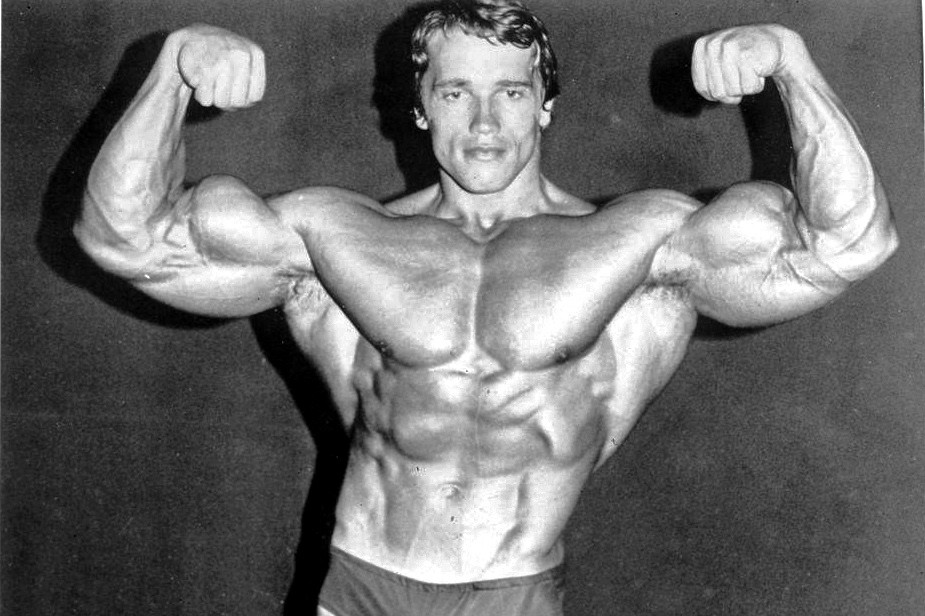 Madison Square Garden Center, Wikimedia Commons
Madison Square Garden Center, Wikimedia Commons
An Unexpected Return
Yet on the day of the competition, Schwarzenegger shocked everyone by stepping onto the stage. His late entry caught competitors and fans off guard, setting the scene for a highly contentious outcome.
An Unprepared Champion
When Arnold appeared on stage, it was clear that he wasn’t at his peak condition. Compared to his legendary form in the early 70s, his physique in 1980 was noticeably less defined, lacking the razor-sharp conditioning expected at the Olympia level. Competitors like Chris Dickerson, Mike Mentzer, and Frank Zane arrived in top shape, after months of hard training in pursuit of bodybuilding's highest honor.
The Arnold Factor
Despite this, Arnold’s charisma, posing confidence, and reputation caused a huge stir in the audience and dominated the stage. Judges awarded him his seventh Mr. Olympia title, a decision that stunned audiences, athletes, and commentators alike. Many felt that Arnold's win had less to do with his physique and more with his status as a global superstar and former champion.
The Fallout Among Competitors
The backlash was immediate and fierce. Mike Mentzer, who had presented a massively muscled, aesthetically balanced physique, was particularly vocal. He placed fifth, which many believed was unjustified. Mentzer, known for his "Heavy Duty" training philosophy, was so disillusioned that he retired from competitive bodybuilding at just 29 years old.
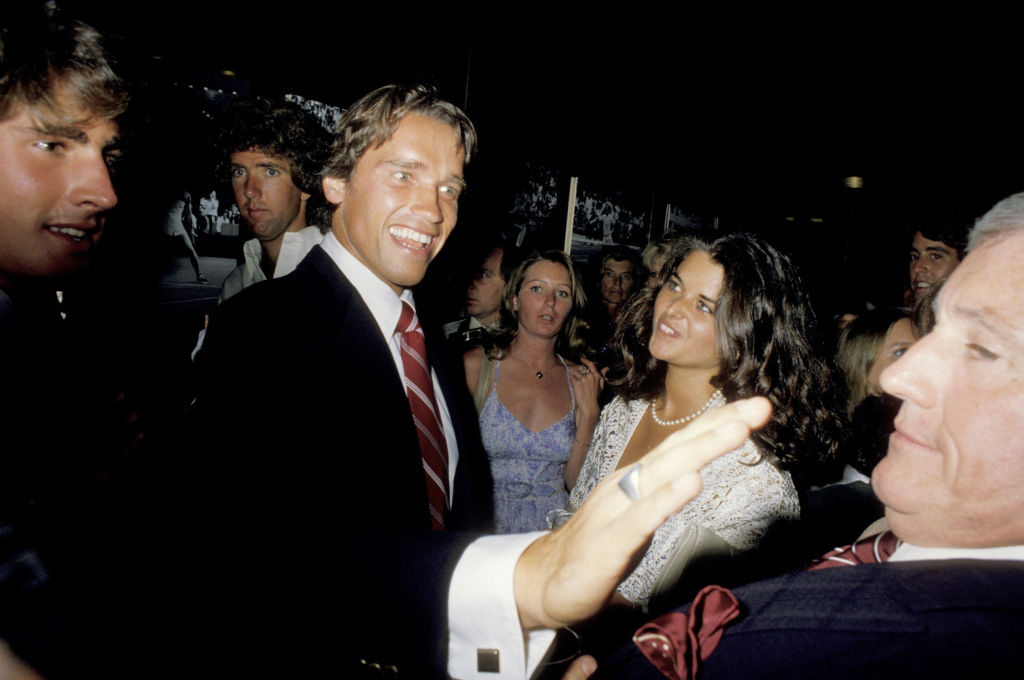 Ron Galella Collection, Getty Images
Ron Galella Collection, Getty Images
More Deserving Contenders
Frank Zane, the 1977–1979 Mr Olympia champion, had returned to defend his title despite suffering a serious injury just weeks before. Even in a less-than-ideal condition, Zane looked sharper than Arnold in the eyes of many but placed third. Chris Dickerson, who would go on to win the 1982 Mr Olympia, finished second and was also considered by many to be the rightful winner of the 1980 contest.
Accusations Fly
The controversy extended beyond the placements. Several competitors accused the judging panel of bias, suggesting that Arnold’s close relationships within the bodybuilding community had influenced the decision. Some athletes claimed that Arnold had manipulated the backstage environment, using psychological tactics to undermine his rivals' confidence before they even stepped on stage.
Audience Reaction and Media Scrutiny
Fans in attendance were also bewildered. Boos showered the venue when Schwarzenegger was announced the winner. Bodybuilding magazines were soon flooded with letters criticizing the judging and questioning the sport’s integrity. The fiasco cast a shadow over the credibility of bodybuilding competitions, with accusations that favoritism had trumped fairness.
A Controversy That Wouldn’t Die Down
For years, the 1980 Mr Olympia was a topic of heated debate in gyms, magazines, and among professionals. It wasn’t just about who won, but whether the sport could be trusted to judge athletes solely on merit.
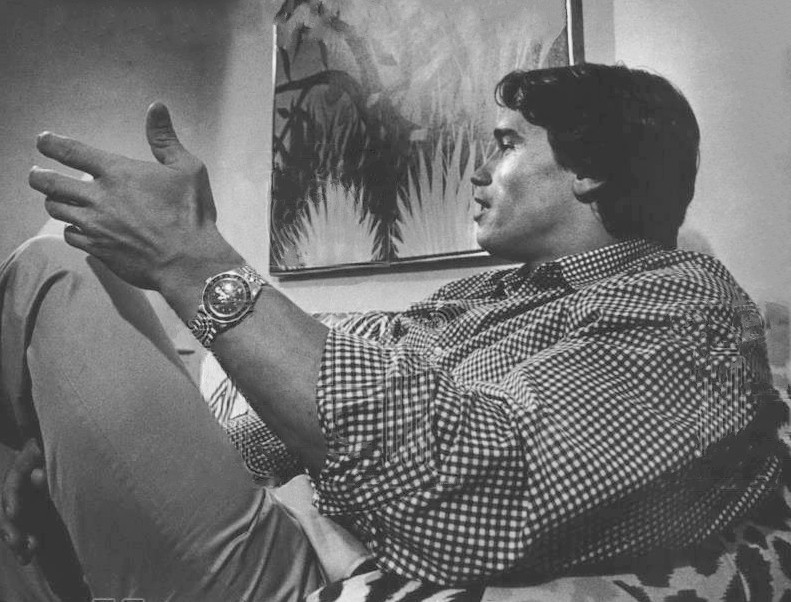 John E. Biever, Wikimedia Commons
John E. Biever, Wikimedia Commons

History's most fascinating stories and darkest secrets, delivered to your inbox daily.
Arnold Walks Away For Good
After claiming his seventh title, Arnold immediately retired again, this time for good. He went on with his acting career, leaving behind a divided bodybuilding community. While his legacy as one of the greatest bodybuilders of all time remained intact, the 1980 Olympia became a permanent blemish on his competitive record.
The Event Lives On
The 1980 Mr. Olympia is still known as bodybuilding’s most notorious contest. It highlighted flaws in judging transparency, the dangers of celebrity image, and the subjective nature of the sport. The controversy led to calls for reform in how competitions were judged. It all goes to show that in a sport built on discipline and physical excellence, human bias and reputation can overshadow real performance.
You May Also Like:
Sleazy Facts About The Wild World Of Beauty Pageants
Heavyweight Facts About Dave Bautista, The Hollywood Destroyer

